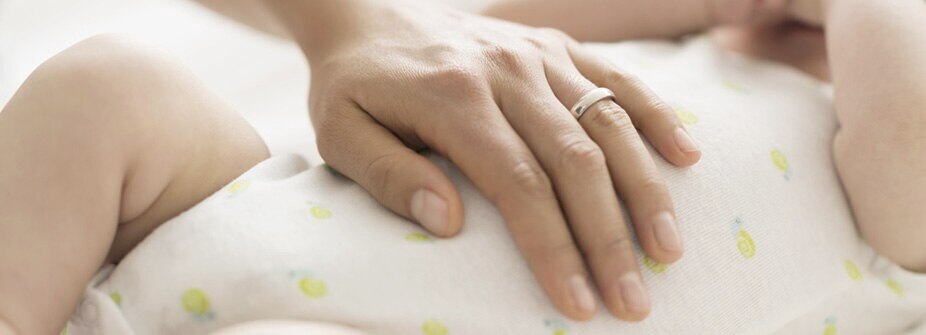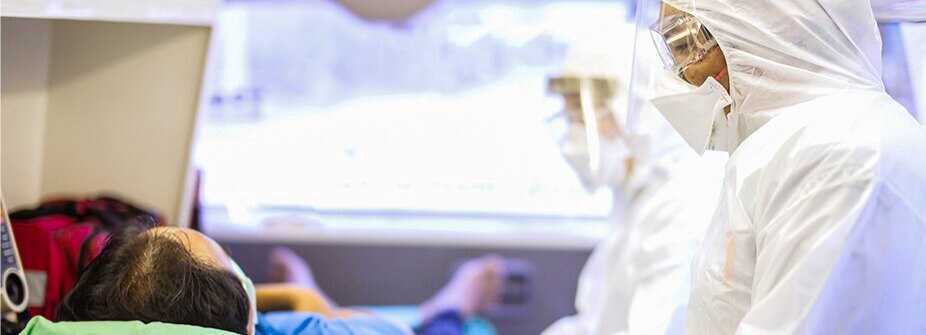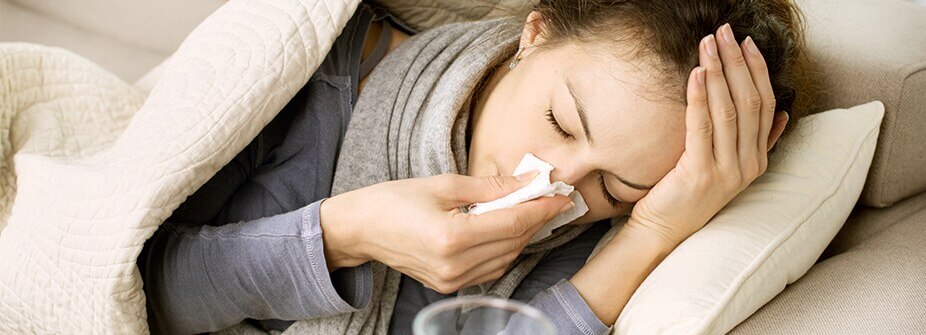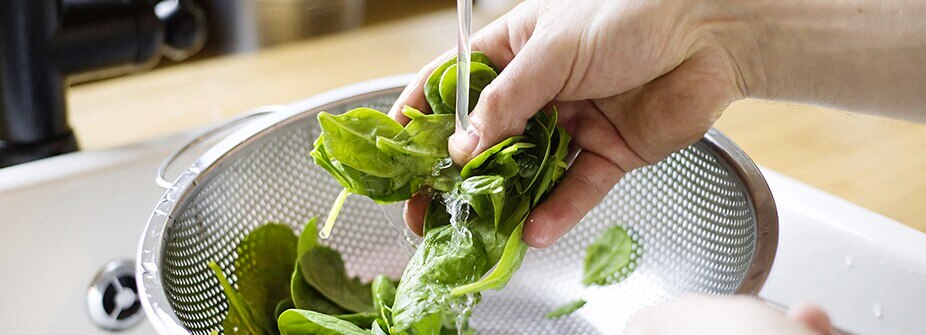What is diarrhoea?
Diarrhoea – unpleasant and uncomfortable frequent, runny or watery bowel movements – is usually brought on by a gastrointestinal (GI) infection caused by bacteria, a virus or a parasite. Common GI infections include those linked to bacteria such as E. coli, and those attributed to viruses such as rotavirus, which cause diarrhoea in infants. All of these infections are highly contagious. Diarrheal infections can be spread through dirty hands, contaminated food or water and direct contact with faecal matter. We’ve compiled our best diarrhoea prevention and diarrhoea treatment tips, to help you bounce back as quickly as possible.
Diarrhoea
How to keep your family safe from diarrhea
Symptoms of diarrhoea
- Frequent runny or watery bowel movements
- Dehydration
- Loss of appetite
- Vomiting
- Fever
- Nausea
- Weight loss
- Stomach cramps
Prevention of diarrhoea:
Medical practices
Boil your drinking water.
Don’t drink water if you think it’s unsafe. Boil it for a minute before you drink it or cook with it.
Hygiene and habits
Great hand-hygiene.
GI infections and diarrhoea are highly contagious - especially if you’ve had contact with faecal matter through changing nappies or helping a sick adult use the bathroom - make sure you and your loved ones wash your hands regularly with soap. This way you can prevent the spread of germs and illness.
Nutrition
Prepare your food carefully.
Contaminated food can cause diarrhoea. To reduce this risk, wash your utensils properly, cook food to the recommended temperatures, and rinse raw fruit and vegetables thoroughly with clean water.
Treatment of diarrhoea:
Wait
Diarrhoea can be thoroughly unpleasant while it lasts, but the good news is that it shouldn’t take too long to clear up. Symptoms usually persist for around two to four days in adults, and around five to seven days in children. It is perfectly normal for some infections to last a few days longer, but you should seek medical attention if you feel there is any cause for concern.
Rehydrate
Fluid loss will quickly lead to dehydration if left untreated and patients with severe dehydration may even need to be hospitalized. That’s why it is important to drink boiled water little and often. You could also try fresh fruit juice (without the pulp) and tea with honey. Your pharmacist may also be able to recommend oral rehydration solutions. These over-the-counter remedies contain salt, glucose and minerals to replace those lost during your infection, and your pharmacist will be able to provide you with the appropriate dosage based on the patient’s size and weight. As soon as you feel able to, you should start to eat light meals – preferably with a high salt content.
Medicate
Diarrhoea normally improves within a few days without medication, but treatment options are available in certain cases. If the illness has been attributed to a bacterial infection, you may be given antibiotics; however, these are not recommended if the cause is unknown. Your doctor may prescribe a course of an antidiarrheal medicine such as loperamide or racecadotril, but these are generally not recommended for children. Your or your child may also benefit from an appropriate quantity of a painkiller such as paracetamol or ibuprofen.
Diarrhoea mythbusters
Diarrhoea shows there’s a ‘bug’ in my system and it’s coming out of my body.
Not exactly… Diarrhoea is often just one symptom of an infection – not the whole story – and your body ‘expelling’ it doesn’t mean it’s getting rid of the infection that caused the diarrhoea in the first place!
I should drink less water when I have diarrhoea.
This is not advised, because it can lead to dehydration. You lose fluids every time you have a bowel movement — more so if you have diarrhoea. And no fluids means dehydration, which means your body won’t work or heal properly. Drink lots. And ensure you boil water first.
Medical source: British health authority
References
- http://www.nhs.uk/Conditions/Diarrhoea/Pages/Causes.aspx
- http://www.nhs.uk/Conditions/Gastroenteritis/Pages/Causes.aspx
- http://kidshealth.org/parent/infections/common/diarrhea.html
- http://www.nhs.uk/Conditions/Diarrhoea/Pages/Symptoms.aspx
- http://www.umm.edu/altmed/articles/diarrhea-000050.htm
- http://www.nhs.uk/Conditions/Dehydration/Pages/Causes.aspx




